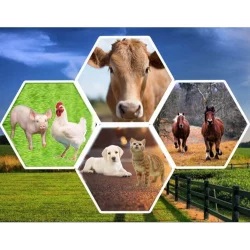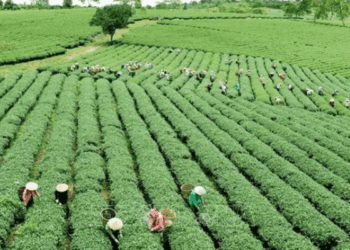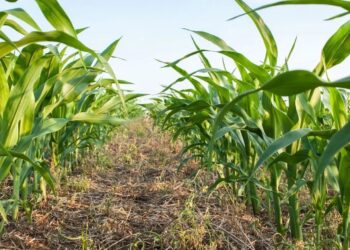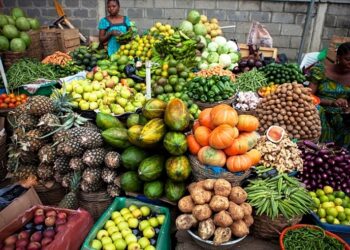Nigeria has taken bold steps toward transforming its livestock sector through science, data, and innovation.
At the heart of this transformation lies a renewed commitment to collecting and managing reliable information on animal genetic resources — the foundation of livestock productivity, resilience, and food security.
Speaking at the National Capacity Building Workshop on Data Collection and Management of Animal Genetic Resources in Abuja, the permanent secretary of the Federal Ministry of Livestock Development, Dr. (Mrs.) Chinyere Ijeoma Akujobi, underscored the importance of accurate data in shaping evidence-based policies and sustainable livestock practices.
Dr. Akujobi, represented by the Director, Technical, in her office, Dr. Peter Alike, said animal genetic resources are central to the nation’s efforts to boost productivity and adapt to climate change.
“This workshop could not have come at a more opportune time, as the livestock sector continues to play a critical role in national food security, economic development, rural livelihoods, and environmental sustainability,” she said.
The workshop, organised by the African Union Inter-African Bureau for Animal Resources (AU-IBAR) in collaboration with the Ministry, brought together experts, researchers, and policymakers to strengthen institutional capacity for data collection and management.
Dr. Akujobi highlighted that while Nigeria is richly endowed with indigenous animal breeds — from the Red Sokoto goat to the White Fulani cattle — the absence of harmonized data systems has limited the country’s ability to fully harness this potential.
She described the event as a vital step toward establishing a data-driven livestock sector aligned with continental and global frameworks for sustainable animal resource management.
Reaffirming the government’s commitment to modernising the livestock industry, the permanent secretary referenced the National Livestock Growth Acceleration Strategy (NL-GAS), the ministry’s flagship framework for transforming the sector into a productive, inclusive, and technology-driven industry.
“The NL-GAS provides a clear roadmap for improving animal genetics, enhancing feed and fodder systems, strengthening veterinary services, and promoting data-driven decision-making across the entire value chain,” she explained.
In his remarks, Al Hassan Cisse, Head of the Northeast Sub-Office for the Food and Agriculture Organisation (FAO) in Nigeria, described the country as home to Africa’s largest livestock population, with over 58 million cattle, 124 million goats, 64 million sheep, 14 million pigs, and 180 million poultry.
He warned that one in four local animal breeds globally is at risk of extinction, stressing that Nigeria and the West African region remain “data-deficient hotspots.”
Cisse expressed optimism that the workshop would enable Nigeria to develop its first-ever national dataset on animal genetic resources, feeding into the global Domestic Animal Diversity Information System (DAD-IS).
Also speaking, AU-IBAR director, Mary Mbole-Kariuki, reaffirmed the bureau’s commitment to supporting African nations through initiatives such as the Genetics Project (2013–2019), aimed at strengthening conservation and sustainable use of animal genetic resources in line with the Global Plan of Action (GPA).
Participants drawn from regional bodies, research institutions, and development partners agreed that the drive toward data-driven livestock management marks a new dawn for Nigeria’s agricultural landscape — one built not just on tradition, but on knowledge and evidence.





